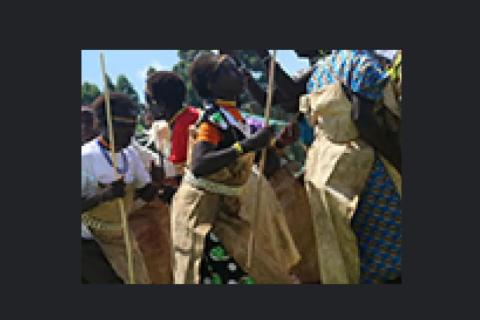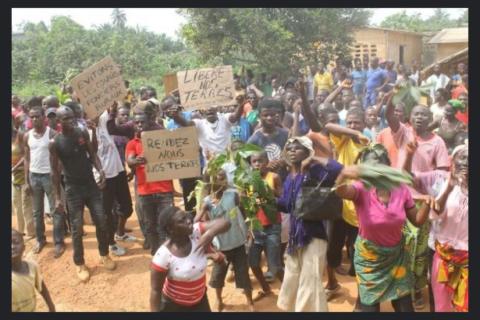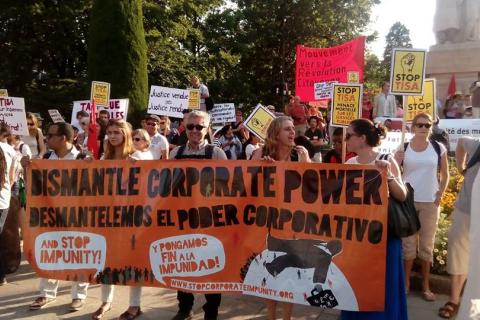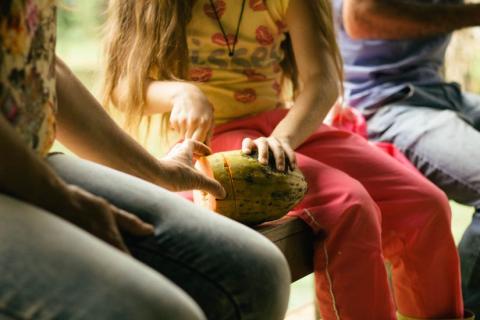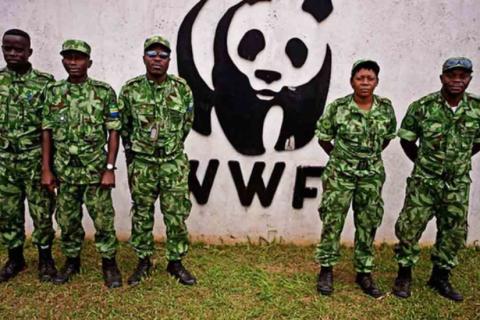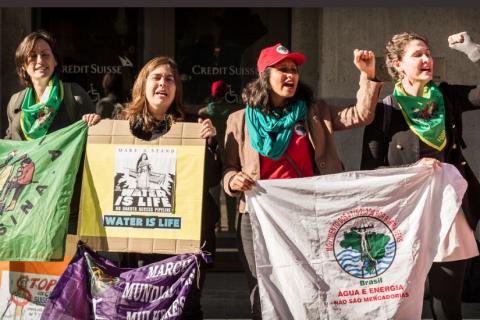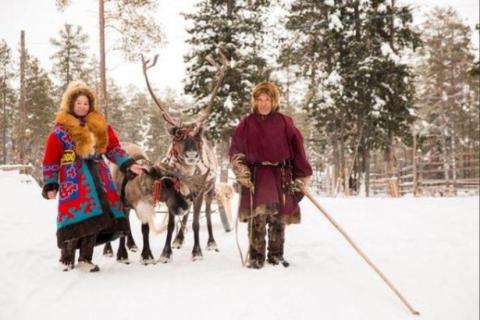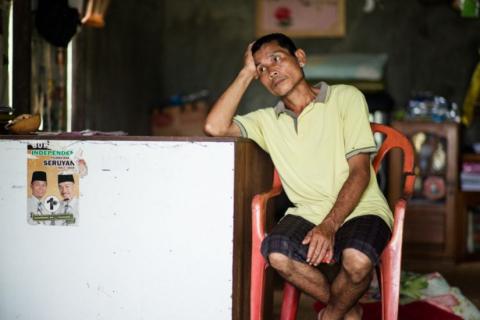The Sengwer are indigenous people who live in the Embobut forest in the Cherangani Hills in Kenya. Since British colonial rule, the Sengwer have been evicted from their homes. Now, these violent evictions are taking place in the name of conservation, to protect the forests, and to address climate change. The European Union is funding a new six-year project: the Water Towers Protection and Climate Change Mitigation and Adaptation Programme. In 2016, the Sengwer appealed to the EU to respect their rights to live in the forest.
Other information
Almost five decades after their planting began, eucalyptus plantations have become the main cause of the deterioration of water resources in the semi-arid region of Minas, says technician Walter Viana, head of Environmental Monitoring at the Northern Minas Environment and Sustainable Development Commission, and author of a thesis on desertification in the region. As a measure to combat the water shortage that the growth of eucalyptus causes, environmentalists defend the prohibition on new plantings in the region. Read the article (in Portuguese) here:
Three villages in Côte d’Ivoire were informed in 2015 that the government had granted a concession covering a total of 11 thousand hectares to Compagnie hévéicole de Prikro (CHP), the Ivorian subsidiary of the Belgian corporation Société d’investissement pour l’agriculture tropicale (SIAT), for establishing an industrial rubber tree plantation. A recent report from the NGO GRAIN recounts the communities’ on-going struggle for recuperating their land.
The latest issue of the African biodiversity Network (ABN) Newsletter highlights the processes that participants of the 2017 Biennial Partner meeting in Nanyuki, Kenya followed to analyse and reflect upon the actions of the network over the previous two years. The newsletter also includes a reflection on Kenya’s new ban on manufacture, use, importation and sale of plastic bags as well as an article on a primary eco-school in Benin which places endogenous knowledge at the front of education. Access the newsletter (in English) here: http://africanbiodiversity.org/abn-news-07/
This briefing, compiled by the World Rainforest Movement (WRM) and the Timberwatch Coalition (TW), is now also available in Swahili. It focuses on various internal and external factors determining changes in the extent of land under industrial tree plantations in 11 eastern and southern African countries: Malawi, Mozambique, Zambia and Zimbabwe; Kenya, Tanzania and Uganda; South Africa, Swaziland and Lesotho; and Madagascar.
Global Campaign to Reclaim Peoples Sovereignty, Dismantle Corporate Power and Stop Impunity press release:
The UN session in New York was finally closed WITHOUT including the nefarious paragraph proposed by the European Union and no change was made in the budget for the next sessions of the UN Working Group on the Binding Treaty (OEIGWG).
Since 2003, the camp that bears the name of environmentalist, José Lutzenberger, has reconciled the production of foods free of agrochemicals with the recovery of native “Mata Atlantica” forest. For this reason, it was chosen for the Juliana Santilli award, in the category of increasing and conserving agro-biodiversity. The area, which for decades was degraded by landowners' cattle ranching activities, has been slowly recovering.
A new Survival International report documents serious instances of widespread and systematic human rights abuses between 1989 and the present day in Cameroon, the Republic of Congo, and the Central African Republic (CAR) by wildlife guards funded and equipped by the World Wildlife Fund (WWF) and the Wildlife Conservation Society (WCS), the parent organization of New York’s Bronx zoo. Documented abuses and harassment are likely just a small fraction of the full picture of systematic and on-going violence, beatings, torture and even death.
In October, the Inter-governmental Working Group of the United Nations Human Rights Council met in Geneva to develop an "an international legally binding instrument to regulate, in international human rights law, the activities of transnational corporations and other business enterprises." The Global Campaign to Reclaim Peoples Sovereignty, Dismantle Corporate Power and Stop Impunity presented its draft Treaty on Transnational Corporations and Human Rights, which was the result of a broad collaborative process among affected communities, social movements and civil society organizations.
Russia's Numto Nature Reserve in western Siberia contains a sacred lake, endangered cranes and valuable wetlands for the indigenous Nenet and Khanty peoples. Last year, the nature reserve's borders were redrawn by the regional government to make way for new drilling operations for the Russian oil company Surgutneftegas, forcing out indigenous groups.
An interview with University of Ghana professor, Dzodzi Tsikata, makes it clear how "anyone who declares himself/herself to be a feminist cannot fail to recognize the connection between women's rights and the right to land." Therefore, she adds that "women's rights affect many interconnected spheres that cannot be separated. If one focuses only on one aspect and ignores the rest, women's rights are not realized."
The commercial power of the oil palm industry in Indonesia is intertwined with politicians and government authorities at the highest level, which leads to violent grabbing of land from peasant and traditional communities. This article, part of the series “Indonesia for sale”, is the story of money, politics and power in Seruyan, Borneo, Indonesia, one of the main focal areas of the oil palm industry in the country.
Access the article in English here.
